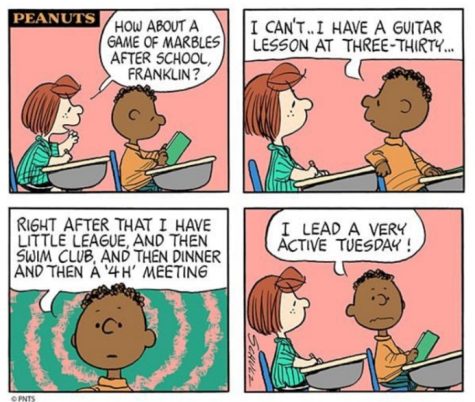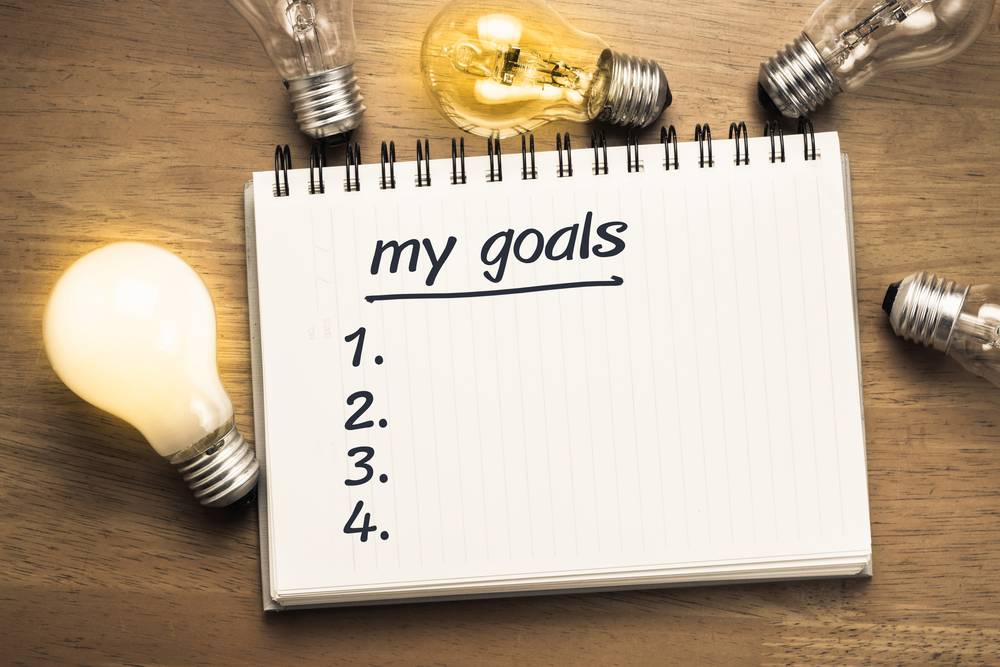Productivity and Peace: A 6-Step Guide to Balancing School Activities with Your Outside Life
March 26, 2023
Do you often find yourself feeling as if in order to get good grades, you must sacrifice your usual hobbies and activities? Do you feel like you must choose between your academic goals and your personal goals? You will soon feel relieved to learn that there are many ways to have both and be successful in doing so.
1) Avoid playing games and scrolling during classes
This may sound like something extremely simple but getting distracted by computers and phones during class time poses a threat to your focus and time management. If you have time during class to do your work, it is best to try to complete it in class, so you don’t end up with homework that you’ll procrastinate later. An environment such as a classroom may boost your productivity more than an environment such as your comfy couch or bed, when you have the options of watching TV or playing video games instead.
2) Organize your time
In order to be able to have time for work, leisure, and relaxation throughout the day, it is best to digitally or mechanically manage your time. This could be done by making an hour-by-hour schedule on your calendar and making sure you stay committed to your own deadlines. While making your own schedule, be sure to allow yourself to have time to decompress, make time for your physical, mental, and spiritual life, work, do your schoolwork, and take time for self-care. If you follow a basic routine like this, you could find yourself feeling less stressed in relation to your time management.
3) Find hobbies for your free time
Many people find themselves feeling as if they do not have enough free time, but, they just don’t use their time effectively. One great way to make yourself feel fulfilled at the end of the day is if you do things you truly enjoy during your free time. Occasionally, watching TV and scrolling online is okay, but it may not make you feel happy at the end of the day. If you don’t do any activities outside of school, consider joining a group or finding a hobby that you are truly interested in, such as intramural sports, crafting, youth groups, and volunteering. These are just a handful of the things you can decide to do, but deciding to do any activity that intrigues you may make you feel less reluctant to do work, because you will no longer feel like you had “no time” to have fun between work periods.
4) Find efficient study strategies that work for you
One reason that you may feel reluctant to study is because it’s boring, and you believe you don’t have the time to do so. You may feel this way because you just haven’t found ways of studying that work for you. If you feel that looking over notes and reading is too slow and distraction-prone for you, then consider using apps such as Quizlet, Kahoot!, and Quizizz to help yourself master the material you’re trying to memorize. These apps act as a parody of trivia games that are almost guaranteed to keep your attention, and even have you wanting to do multiple rounds, which usually last less than 10 minutes. On the other hand, if these games are too fast-paced for you, then physical note cards, highlighted notes, and devoting more time to studying may be beneficial to you.
5) Set goals
As long as they are realistic, it is very important to set simple goals for yourself during each day. These goals could be more work-oriented, such as things like “I will finish my paper by 6:00” or “I will read chapter 3 of The Great Gatsby by 9:00,” or they could be related to other aspect of your day, such as goals like “I will take time to exercise from 2:00-3:00” and “I will play basketball at 6:00.” Simple goals like this can allow you to get many things done in one day. These goals can be made mentally or physically on your phone’s reminder app.
6) Prioritize
One way to make the most of your time outside of school is to prioritize the things that are most important to you over things that don’t matter as much. For example, if you have a paper due tomorrow, you want to watch the new episode of your favorite show, and you need to practice your football plays, then it is best to do each task in order from most important to least important. At the end of the day, you will most likely at least have the paper done for the next day.

